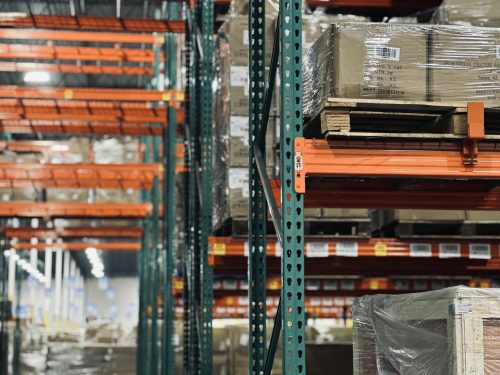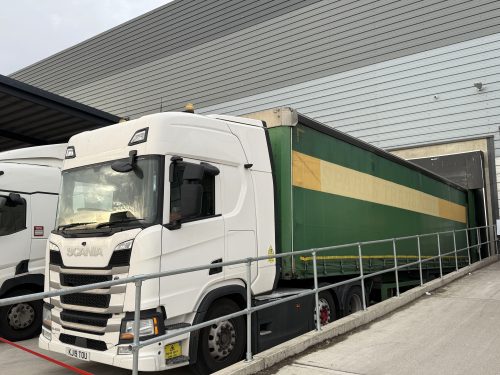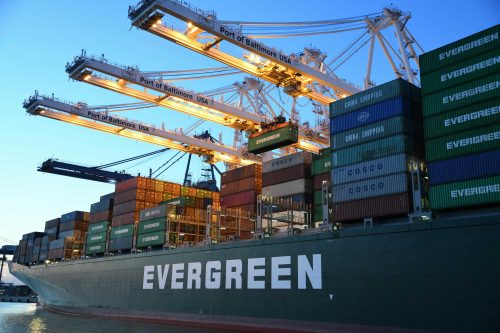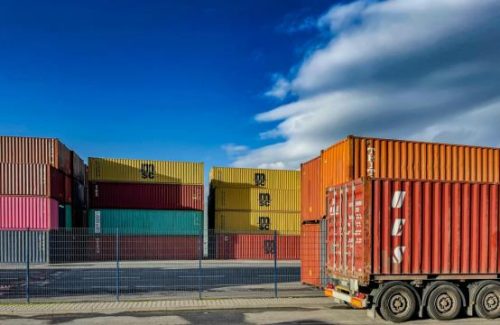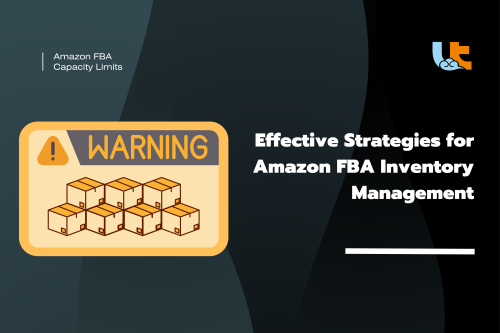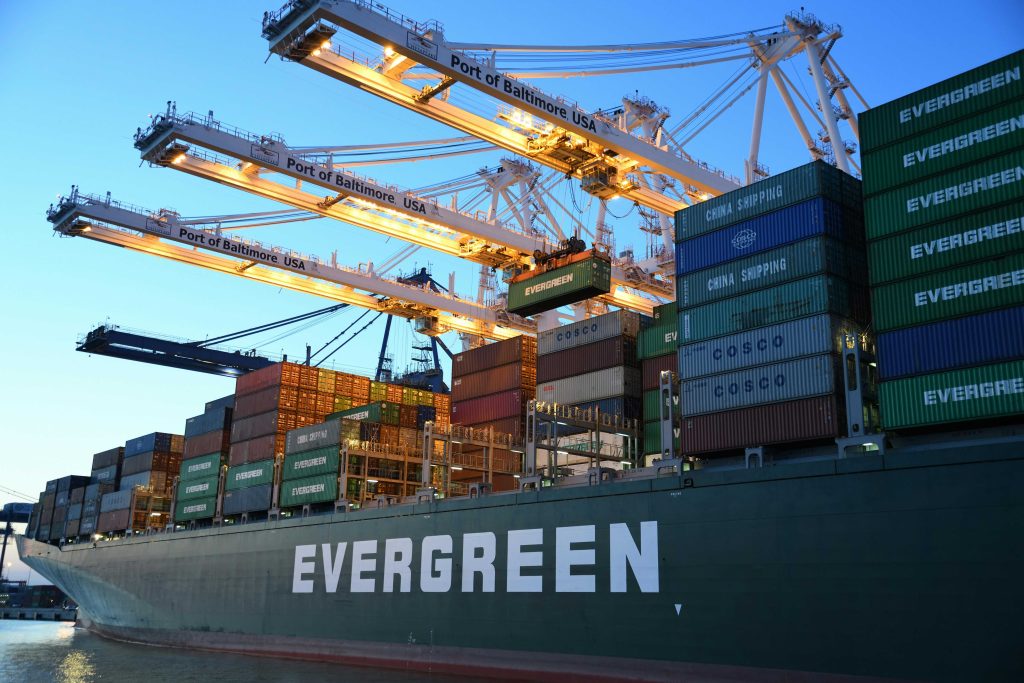
It’s every e-commerce seller's nightmare: your customer in London finally receives their package, only to be hit with a surprise £40 VAT and customs bill from the carrier. Your "seamless" customer experience is now a disaster, leading to angry emails, bad reviews, and chargebacks.
This entire problem boils down to two little acronyms: DDP and DAP.
Understanding these Incoterms (International Commercial Terms) is not just "logistics jargon"—it is a critical business decision that directly impacts your customer's happiness and your profit margin. Let's break down what they mean for you.
First, a Critical Update: DDU is now DAP
Before we start, let's clear up a common confusion.
The term DDU (Delivered Duty Unpaid) is outdated. It was officially replaced by DAP (Delivered at Place) in the Incoterms 2010 revision.2
While some factories or carriers might still use the old term "DDU" out of habit, the correct, modern term is DAP. Using "DAP" shows you are an informed, up-to-date shipper.
DDP vs. DAP: Who Pays the Customs Bill?
This is the only difference that matters.
DDP (Delivered Duty Paid)
- Who Pays: You, the Seller, pay for everything.
- What it means: You pay for the shipping, insurance, AND all import customs, duties, and taxes (like VAT in the UK or GST in Canada). The package arrives at your customer's door with zero extra charges.
DAP (Delivered at Place) - (The "new DDU")
- Who Pays: You, the Seller, pay for shipping. Your Customer, the Buyer, pays for all import customs, duties, and taxes.
- What it means: You pay to get the package to the destination country. But before it can be delivered, the carrier (like FedEx or DHL) will contact your customer and demand they pay the import fees. The package is held hostage until they pay.
Pros and Cons for E-commerce Sellers
This isn't a simple "which is cheaper" question. It's a "which is better for my business" question.
| Shipping Term | Pros for the Seller | Cons for the Seller |
| DDP (Delivered Duty Paid) | Excellent Customer Experience. This is the "Amazon Prime" feel. No surprise fees for the buyer, leading to better reviews and repeat business. | You Bear All Risk. You must accurately calculate the import taxes and duties. If you miscalculate the 20% UK VAT, that loss comes directly from your profit. |
| DAP (Delivered at Place) | Lower Upfront "Shipping" Cost. Your shipping quote looks cheaper because it doesn't include duties, which can be attractive to a B2B buyer. | Terrible B2C Customer Experience. You will have angry customers. This leads to high cart abandonment (if you mention it at checkout) or chargebacks (if you don't). |
The Clear Winner: Which Should You Choose?
The choice depends entirely on your customer.
For E-commerce (B2C) Sellers:
Use DDP. Every single time.
A modern online shopper expects a simple, all-inclusive price. A surprise customs bill is the fastest way to get a 1-star review and lose a customer for life. The risk of a bad customer experience is far greater than the risk of miscalculating the duty.
For B2B / Factory Shipments:
DAP is common and often preferred.
Your buyer is a professional business, not a casual shopper. They have their own customs broker, their own tax ID number, and they expect to handle their own import customs. In this case, DAP is simpler for you.
The DDP Problem: "How Do I Know the Tax?"
The main reason sellers are afraid to offer DDP is the risk. How can you possibly know the correct VAT in the UK, GST in Canada, and the complex duty rates for 30 different products?
Trying to calculate this yourself is a major headache.
This is where a true logistics partner (like Linktrans) becomes essential. We remove the risk by managing the DDP process for you.
- We calculate the exact duties and taxes for your shipment to the US, UK, and Canada.
- We bill them to you transparently, so the cost is built into your shipping plan.
- We handle all the customs paperwork.
Your customer gets a fast, simple, "door-to-door" delivery, and you get all the credit for it, with zero risk of surprise fees.
Frequently Asked Questions (FAQ)
1. Is DDP more expensive?
DDP has a higher all-inclusive price, but the total cost is often the same. DDP simply bundles the shipping cost plus the import duties into one single price for you.3 DAP looks cheaper, but your customer has to pay the "missing" duties later.
2. Does DDP include unloading the truck?
No. For large freight shipments, DDP means the seller is responsible for getting the truck to the buyer's location (like their warehouse). The buyer is still responsible for the "final-mile" act of unloading the goods from the truck onto their dock. (This is the same for DAP).
3. Learn about other Incoterms


